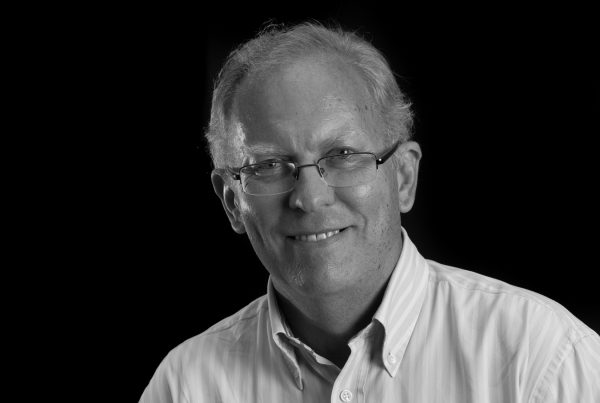Born on 7 March 1959 in Kiev, Ukraine. Candidate of Sciences (equivalent to PhD) in Colloid Chemistry, A.V. Dumanskiy Institute of Colloid and Water Chemistry, National Academy of Sciences of Ukraine, Kiev, 1983. Doctor of Sciences in Physics and Mathematics, Institute of Physical Chemistry of Russian Academy of Sciences, Moscow, 1992. ICREA Research Professor at the Polytechnic University of Catalonia, since 2007. Invited researcher/professor at Karl-Franzens Universität, Graz, Austria; École Nationale Supérieure de Chimie et de Physique de Bordeaux (France); École Supérieure Chimie Physique Electronique de Lyon (France); Universität Duisburg - Essen (Germany); Paul-Scherrer-Institute (Switzerland), etc. Member of Editorial Board of Desalination and Water Treatment (Taylor & Francis UK). Published 144 papers on theoretical and experimental studies of membranes, colloids, porous media and micro-/nano-fluidic systems.
Research interests
The keyword is behaviour of fluids at nano-scale. I study the transfer of ions and water molecules through nano-metric (tens of nanometers) barrier layers of composite nanofiltration membranes. Another example is the transfer of ions and water through nano-porous track-etched membranes having identical cylindrical pores. I also study processes of current-induced concentration polarization of nano-/micro-interfaces where concentration polarization is strongly-coupled to electroosmosis and fine separation of solutes like peptides can occur. Recently, I discovered that a layered structure consisting of a micro-perforated ion-exchange membrane and a nanoporous layer can have very interesting properties useful for AC electroosmotic pumping . Another topic is experimental and theoretical studies of ion transfer across polyelectrolyte multilayers where we have recently discovered very high (>1000) selectivities in the electrically-driven transfer of ions of different charge magnitudes.The most recent research topic is energy harvesting from water evaporation. It has been suggested that the area of contact between nanoporous electrodes and electrolyte solutions can be effectively controlled via solvent (water) evaporation. This opens new opportunities for energy harvesting from waste heat in coupled wetting/drying and charging/discharging cycles with nanoporous electrodes. This emerging process is critically controlled by the ion dynamics in ultrathin water films staying behind receding menisci, which reveals itself as almost completely unexplored and as a focal point of a new branch of electrochemistry, namely that of partially wet electrodes.
